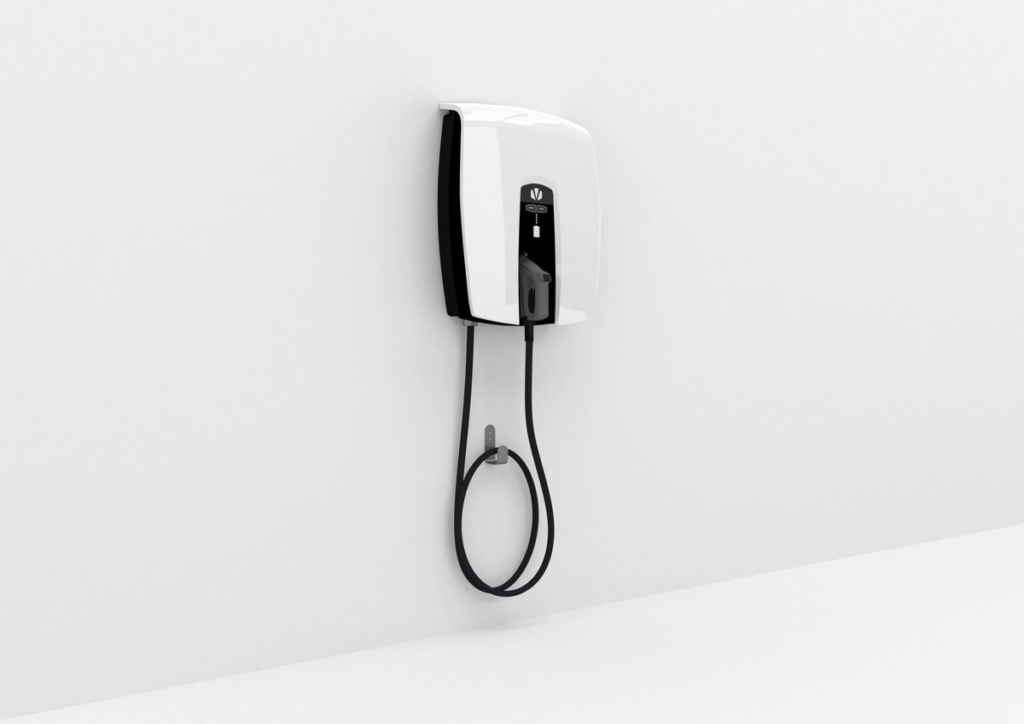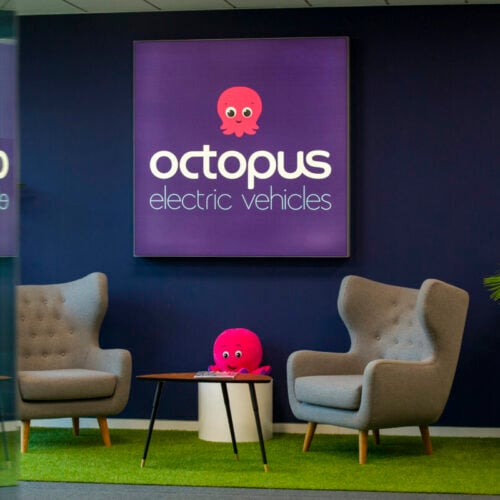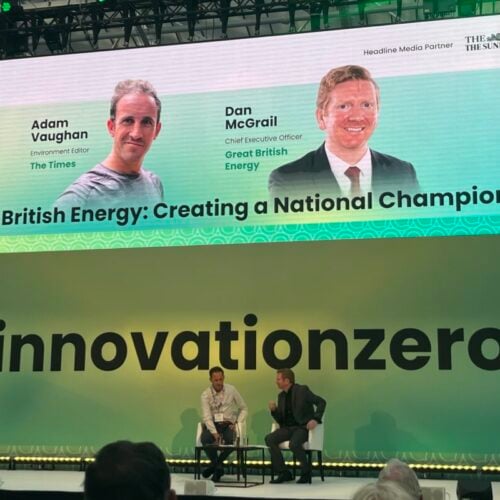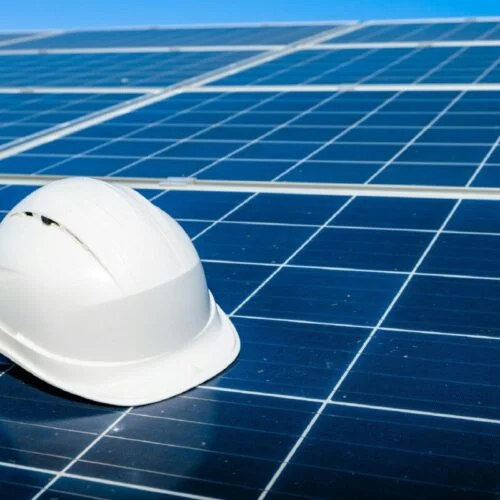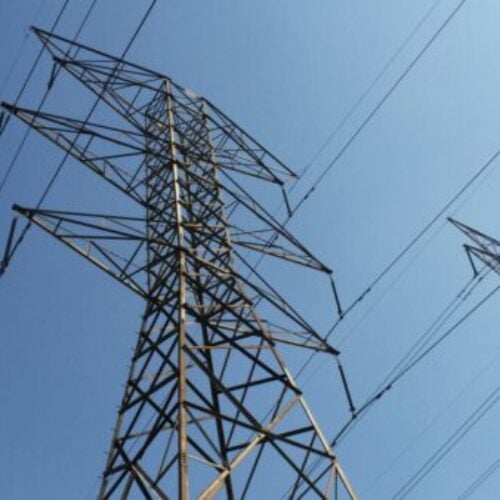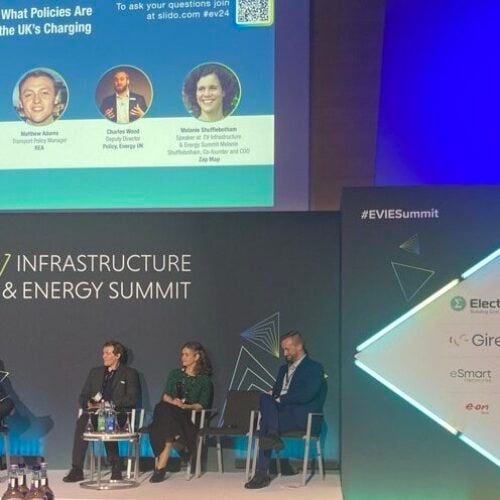There is “brilliant” potential for vehicle-to-grid charging technologies to sweep the UK, but only if the industry can bring prices down.
That’s the view of Tom Pakenham, director of electric vehicles at OVO and Kaluza, who said that V2G technologies could “unlock the potential of the car in ways smart charging just doesn’t”.
Kaluza parent company OVO is one of a select few energy companies in the UK currently installing domestic V2G chargers in the UK and currently has around 30 installed, forming part of a major government-backed competition to help boost the technology.
Pakenham says that expanding these technologies to a mass market of a million cars had the potential to be brilliant but, on top of ensuring that customers had the “right habits” and the right relationship with their supplier, technology costs would have to come down.
V2G chargers are not readily available with a recommended retail price as it stands but Pakenham insists that they would have to be available for less than £4,000 to encourage consumer adoption, given the potential for V2G chargers to offer somewhere in the region of £400 – £600 of annual revenue from grid-related services.
“Let’s say [consumers] get £400 in their pocket, if they’re going to buy these things at any kind of scale – we saw it with solar – [a payback of] ten years is about what the average mindset works like,” Pakenham said.
His comments follow a study compiled by Element Energy, which concluded that V2G charging technologies would need to be available at prices in the region of £1,000 by 2030 if they are to truly resonate with the consumer public.
Pakenham said to get to those kind of prices will require “some big economies of scale”, particularly in the inverter technologies required for bi-directional power flows.
“I think people would start buying them at £3,500 – £4,000 today, but they’d need to come down further for a mass market,” he said.
